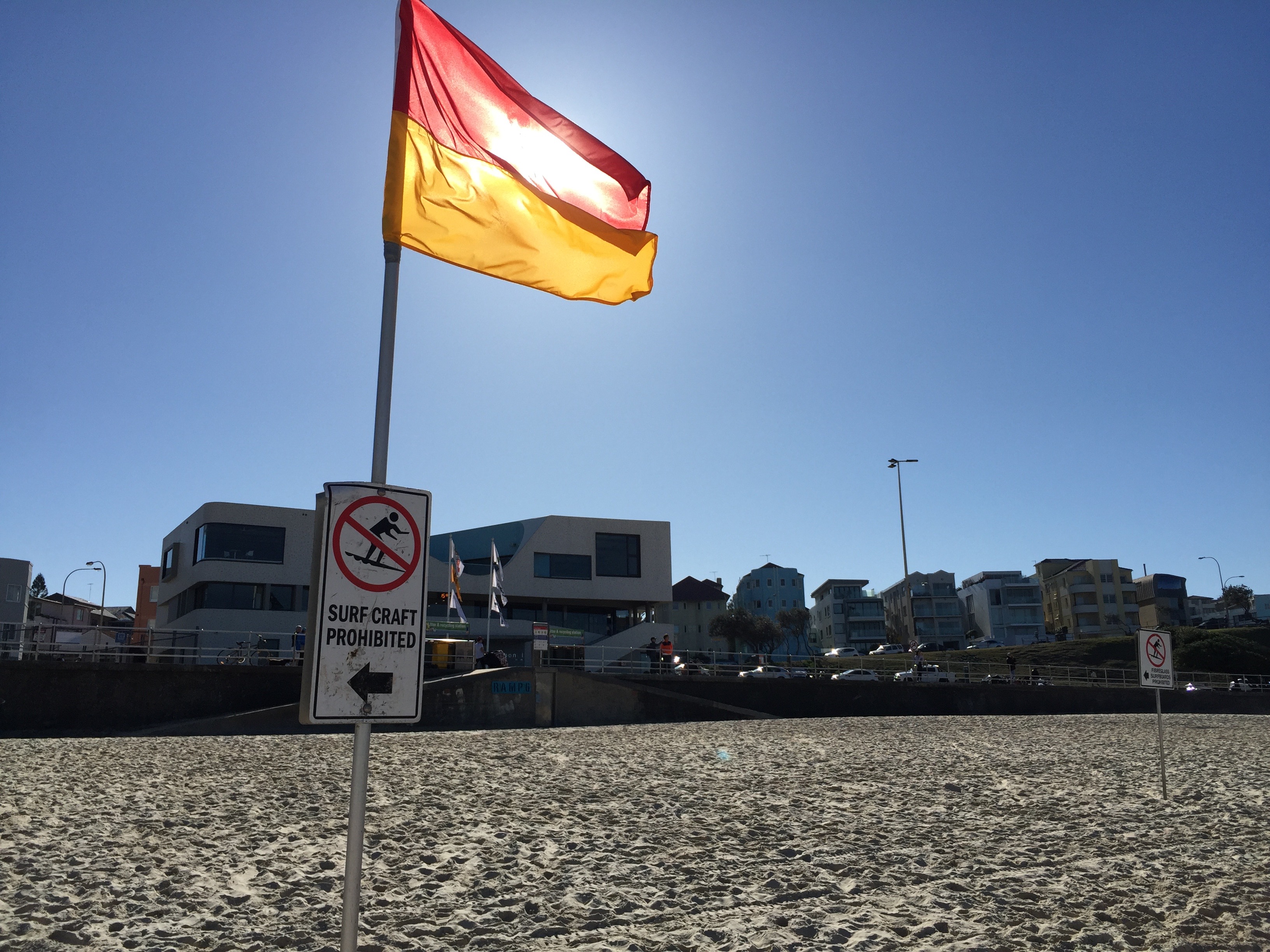Once considered a safe Liberal seat, the electorate of Wentworth, famous for never electing a Labor MP in its near-120-year history, now belongs to high-profile Independent Kerryn Phelps. Holding it, though, won’t be easy.
The Liberal leadership spill in August 2018, in which Wentworth’s beloved local member and former prime minister Malcolm Turnbull was deposed, incensed constituents, sending their votes in a torrent towards Independent Kerryn Phelps, an openly-gay celebrity medic who campaigned hard on asylum-seeker rights and climate change.
The popular local doctor, businesswoman and public health advocate snatched the Liberal stronghold at the October by-election following Turnbull’s resignation.
Phelps’ success has emboldened a plethora of other prominent Independent candidates in other vulnerable seats, notably Olympic medallist and barrister Zali Stegall, who is attempting to win nearby Warringah, immediately across to the north of Sydney Harbour, from long-serving Liberal MP Tony Abbott, another former prime minister.
Wentworth will once again be a closely-watched contest: Liberal candidate Dave Sharma will find out whether voters have forgiven the Liberal party.
In any case, Sharma has learnt several lessons since the by-election, and his rival Phelps can no longer rely on voter disillusionment to get her over the line.
Sharma, a former ambassador to Israel, has been careful to emphasise his moderate stance on many issues, especially climate change. In one speech earlier this year, he went to pains to distance himself from the official party line on the issue, demanding that the Coalition do more to address climate change. At the same time, however, he defended the LNP against claims it was a lair of climate change deniers.

In the speech in February, Sharma boasted that he could convince President Donald Trump to re-join the Paris Agreement.
Labelling himself a “modern Liberal”, Sharma has been careful on some campaign material to leave off the official Liberal Party logo. “It’s really just about who I am,” he told The Guardian.
“In the by-election, there was a sense of, ‘we just don’t know who you are’. But now people know me a bit better and they know my views and outlook are forward-looking, pragmatic and focussed on the future problems.”
The May 18 ballot is shaping up as a tight contest in this most blue-chip of electorates, held by Malcolm Turnbull for 14 years.
Before the by-election, the Liberal Party had an enormous buffer of 17.7 percentage points; Wentworth is one of two federal electorates – the other one is North Sydney – never held by the ALP.
Wentworth’s residents are among the nation’s wealthiest. It contains Australia’s largest Jewish population and fifth-largest number of same-sex couples. The predominantly Anglo-European population, made up of a large number of professional workers, live in the densely-populated electorate.
After Grayndler in Sydney’s inner west, the eastern suburbs’ seat is also the second smallest electorate, covering a mere 38 square kilometres.
Wentworth’s boundaries stretch from iconic Bondi Beach to gritty Kings Cross, once Australia’s premier red light district. It takes in leafy Woollahra, bohemian Paddington and the exclusive harbour-side suburbs of Vaucluse, Elizabeth Bay, Point Piper, Darling Point, Double Bay, Rose Bay and Watsons Bay. Wentworth is home to some of Australia’s – if not the southern hemisphere’s – most expensive real estate.
Until the election of Phelps, the electorate has always been represented by the Liberal party and its predecessors. Wentworth has existed since Federation. Under Malcolm Turnbull, the Liberal party enjoyed an increase in support while Labor’s vote followed its three-decade pattern of decline.
A poll by the Refugee Council in October last year found that 65.4 per cent of Wentworth voters wanted to bring children detained on Nauru to Australia. The voters also prioritised climate change policy ahead of the economy and hospital funding as the most important issue.
Phelps had addressed the issue of overseas detention by introducing her Medevac bill in parliament. She has also expressed strong views on climate change, throwing her support behind the “Stop Adani” campaign and pushing to reinstate the Climate Change Authority. However, her fight to retain the seat did not get off to an ideal start, with the removal of hundreds of political posters by vandals.
Labelling the move as “dirty tricks”, Phelps remains undeterred, despite holding Wentworth with a wafer-thin margin of 1.1 per cent.
“The people who are taking down these posters clearly feel threatened — it’s a tactic of desperation,” she told the ABC.
However slender the margin, it is clear that the outcome in Wentworth has reshaped Australian politics.
The fracturing of voter interests has left major parties more vulnerable to challenges by prominent independent candidates or minor parties across the country.
Although a significant number of votes for Phelps were protest votes, it remains to be seen whether the Coalition government is capable of convincing the party faithful of its stability and ability to deliver on policy promises.
Dissatisfaction and distrust have been the two biggest drivers of voters towards alternatives, and constituents’ interest in making governments more accountable are still a big part of the agenda in Wentworth.


